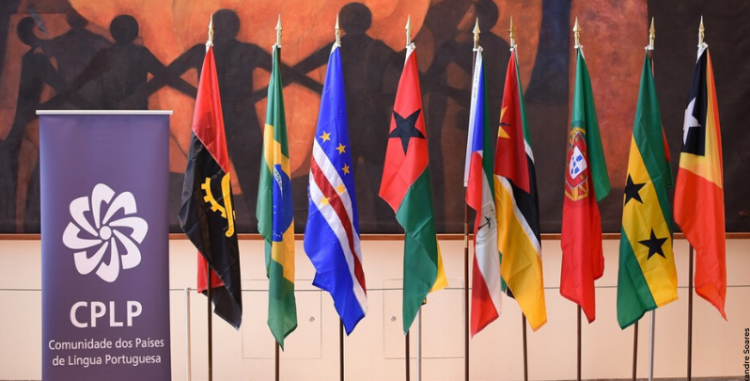"We have reached a solution of variable geometry, which allows all member states the best solutions in the framework of mobility," announced the Minister of Foreign Affairs and Communities of Cape Verde, the country that holds the rotating presidency of the community, Rui Figueiredo Soares.
The minister presided, from Praia, over this 15th extraordinary meeting of the CPLP Council of Ministers (which brings together the ministers of Foreign Affairs or Foreign Relations of the member states), held in videoconference format, due to the covid-19 pandemic.
With the approval of this draft agreement on mobility in the CPLP, he said, it will be possible to "transform a community of countries into a community of people in which citizens can feel integrated.
The Cape Verdean diplomacy chief admitted that this "was not an easy consensus" and that it was not possible to "make an agreement that would be the same for all countries," so the solution involves understanding "various levels of mobility" and "different speeds.
This is a general convention that after being ratified at the next summit will still need each country's own regulations, depending on the legal frameworks of the various states, their "constitutional provisions" and the requirements or limitations of the territorial spaces in which each one is integrated, said Rui Figueiredo Soares.
"We cannot make a general prognosis here as to when each of the member states will complete the formalities and the agreement can come into force," the Cape Verdean minister added, noting that the parliaments of each country will still have to be called upon to ratify the agreement, after it has been approved by the CPLP heads of state and government.
However, he admitted that in the case of Cape Verde it will be possible to approve the agreement definitively in October, right after the parliamentary vacations in August and September.
At the public opening session of the meeting, the organization's executive secretary, the Portuguese ambassador Francisco Ribeiro Telles, stressed that the expected approval of the agreement represents "a turning of the page in the CPLP.
"And the point at which we are in this negotiating process, which will culminate in Luanda, is a guarantee that we will approve an ambitious, innovative, feasible text, which will allow us to realize the mobility design that already comes since the Brasilia agreements of 2002," he said.
The approval of the agreement also represents the high point of Cape Verde's leadership of the CPLP - which was extended for a year due to the limitations in 2020 with the covid-19 pandemic -, and the document will still have to be ratified at the 13th Conference of Heads of State and Government, scheduled for July in Luanda, which will mark the transition of the organization's presidency to Angola.
"This agreement I think is the most valuable legacy that the excellent Cape Verdean presidency will leave to the CPLP," said Francisco Ribeiro Telles.
The CPLP has nine member states: Angola, Brazil, Cape Verde, Guinea-Bissau, Equatorial Guinea, Mozambique, Portugal, Sao Tome and Principe and East Timor.







